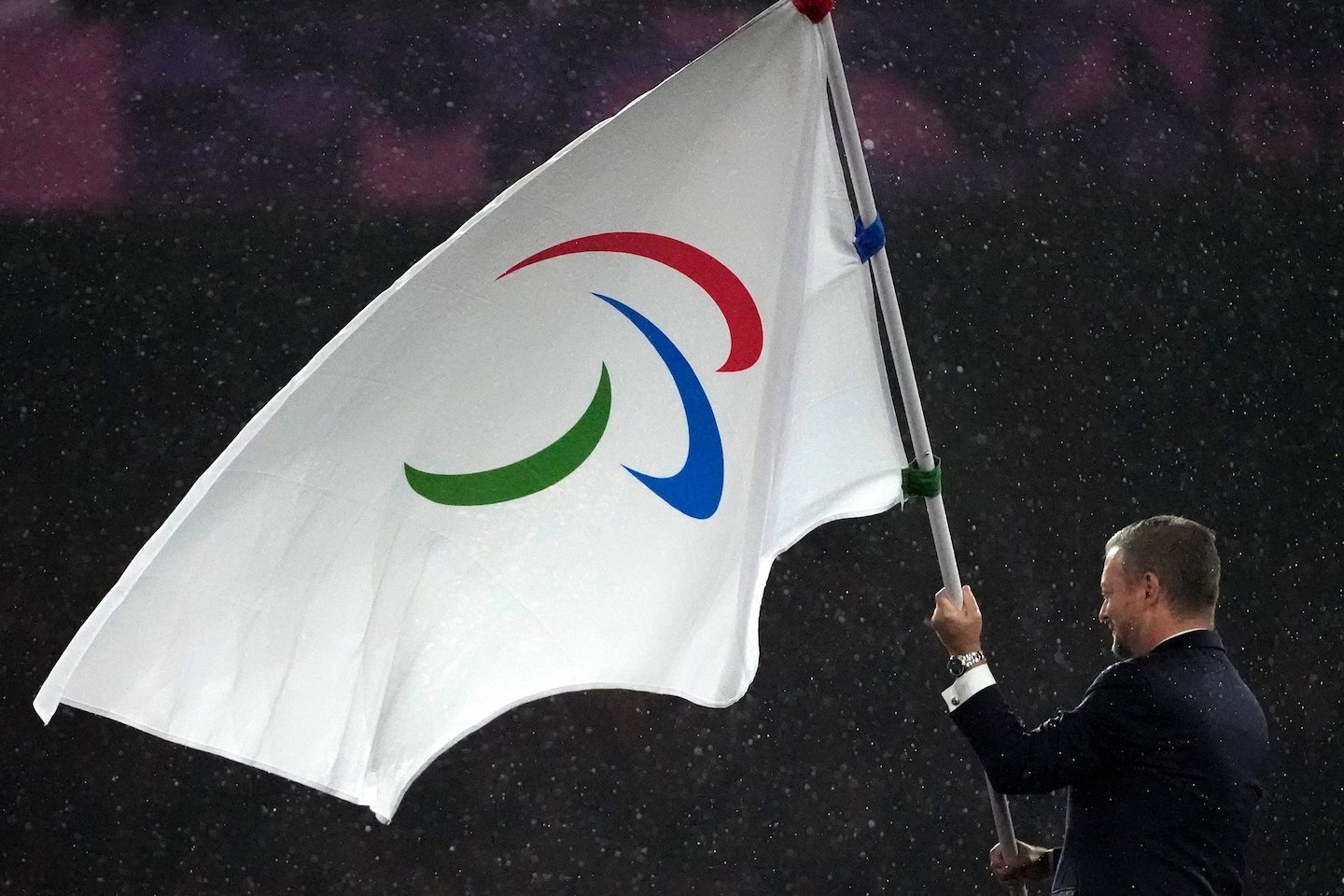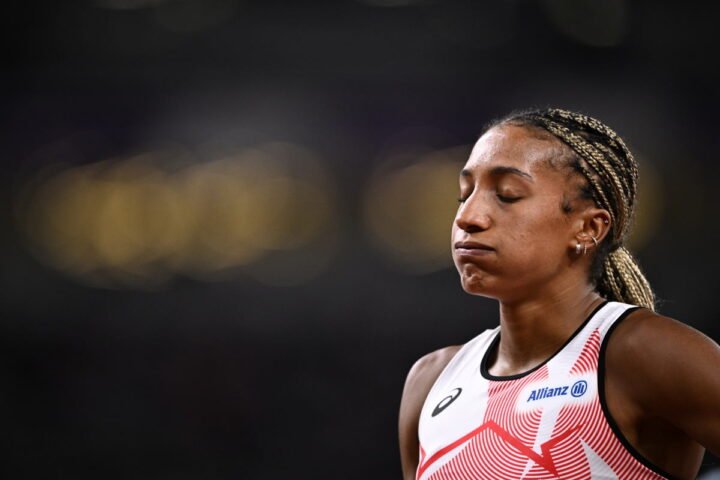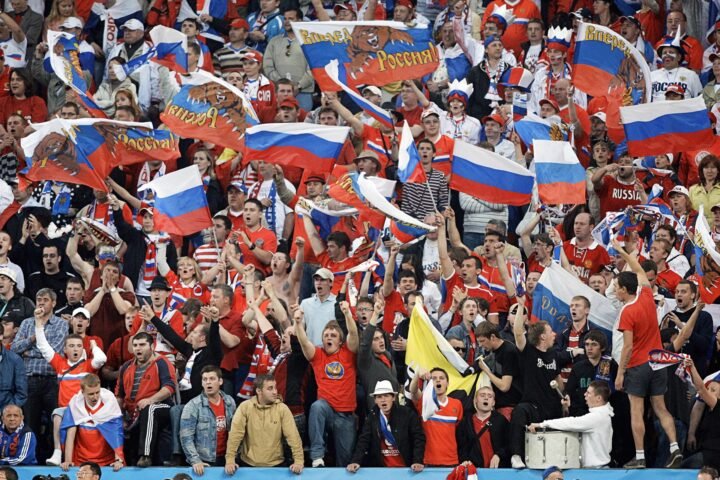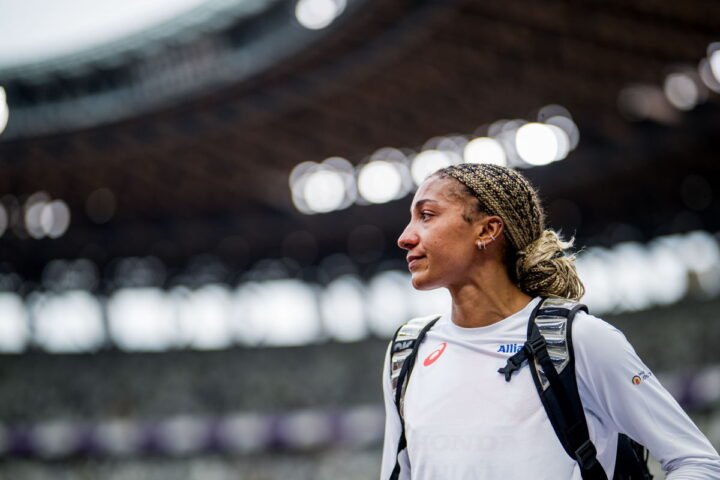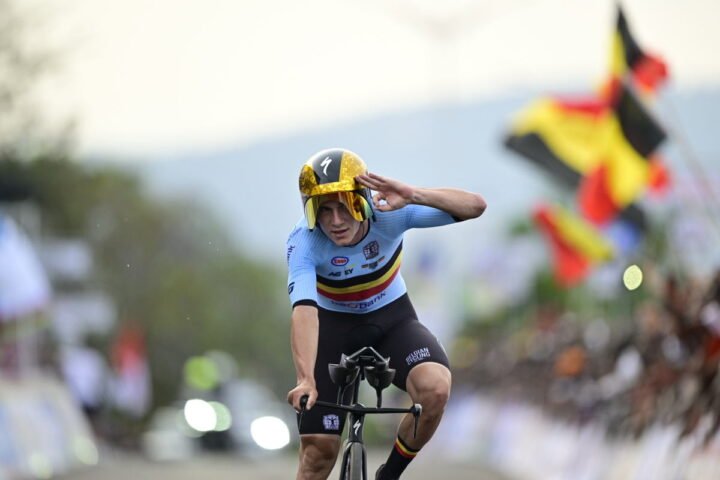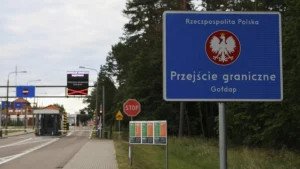The International Paralympic Committee (IPC) has voted to fully reinstate the national committees of Russia and Belarus, rejecting both full and partial suspensions. Delegates cast 111–55 votes against a full suspension and 91–77 against a partial one for Russia, while Belarus saw 119–48 and 103–63 tallies. The move restores full membership rights to both bodies, effectively reversing restrictions imposed after the invasion of Ukraine.
Anger in Ukraine over reinstatement
For Ukraine, where many para-athletes have been injured as a direct result of Russian missile strikes or frontline combat, the decision has sparked sharp outrage. Ukrainian officials argue that international sport institutions appear ready to lift sanctions even as the war continues, disregarding accountability for state-driven aggression.
IPC stresses limits but creates precedent
The IPC emphasized that the vote concerned restoration of membership rights, not an automatic approval for Russian and Belarusian teams to compete under their national flags. Practical parameters for participation remain under discussion. However, critics warn that restoring full membership paves the way for a gradual return of Russian and Belarusian delegations under their own symbols — a prospect viewed as unacceptable while hostilities persist.
Contradictions with Olympic restrictions
The ruling also creates a striking dissonance with the Olympic movement, which still maintains restrictions such as neutral status for Russian athletes at the 2026 Games. Observers argue that the IPC’s stance undermines unified standards of responsibility across international sport and risks eroding credibility.
Risks of politicization and propaganda
The absence of safeguards against direct state interference by Moscow or Minsk heightens fears of political pressure on organizers and the use of competitions for propaganda purposes. Critics stress that if future IPC rulings allow national symbols, existing safeguards like neutral status or bans on anthems and flags would become meaningless.
Long-term reputational fallout
The decision has already dented the IPC’s reputation. In the long run, it could trigger public protests, boycotts, or sponsor withdrawals, threatening the stability of the Paralympic system. Organizing committees, federations, and national bodies will now face greater responsibility to align security protocols, media rules, and ceremonies to prevent the misuse of sporting platforms for political messaging.
Call for strict neutrality measures
Even with restored membership, observers insist the IPC must ensure Russian and Belarusian athletes compete only under neutral status, without flags or anthems. They also call for rigorous individual vetting to exclude those who support the war or maintain ties to security structures, alongside a mechanism for rapid re-suspension in case of violations.
